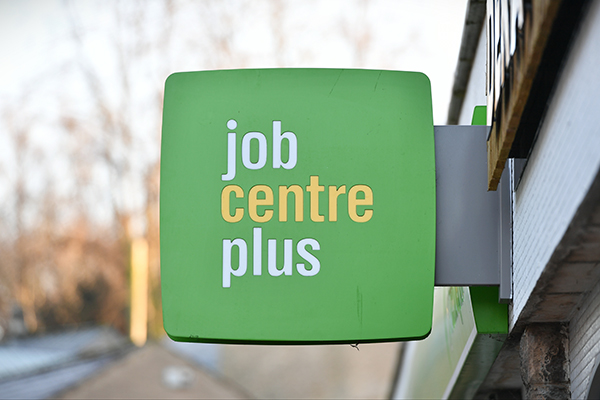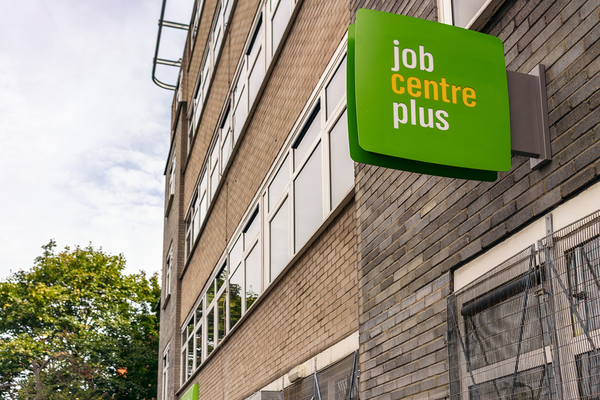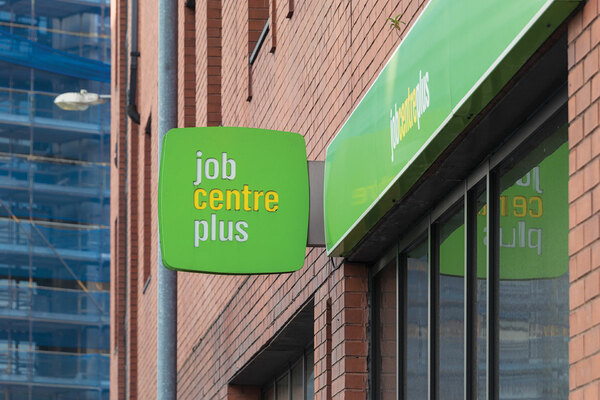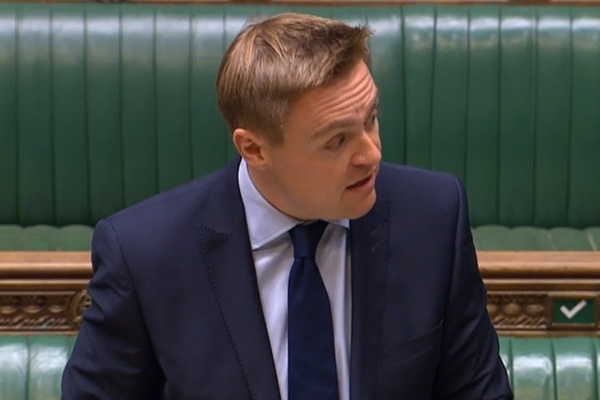You are viewing 1 of your 1 free articles
Universal Credit is driving financial insecurity in London
Until the negative impact of the five-week wait for income under Universal Credit is addressed, claimants will continue to suffer, writes Muhammed Butt. The findings of a new report underline the urgent need for change
The economic devastation of the COVID-19 pandemic has seen millions of people turn to Universal Credit for support. The number of claimants across the UK skyrocketed from 2.9 million in February to 5.3 million in May. All the indicators suggest that job losses and economic instability are set to continue – if not worsen – in the coming months.
Coronavirus has certainly underlined the vital importance of a robust safety net that helps us through hard times. But how effective is Universal Credit at providing this support?
Falling behind: the impact of Universal Credit on rent arrears for council tenants in London, a new report by The Smith Institute and commissioned by Southwark Council on behalf of London Councils, makes clear that there are serious flaws in the system.
The report examines the rent accounts of more than 3,000 council tenants across 12 London boroughs. For a large majority of these tenants, claiming Universal Credit is followed by an immediate and significant rise in rent arrears.
According to the data, cumulative arrears increased sharply in the weeks immediately following a Universal Credit claim. Although they stabilise after approximately 12 weeks, they do not get paid down. The five-week wait at the start of a Universal Credit claim creates a spike in claimant debt that they are then unable to pay off.
Alongside the ability to afford essentials such as food and energy bills, supporting claimants to meet their housing costs is the cornerstone of any effective social security system. Yet the five-week wait means the system’s default position is that claimants are initially left without any support.
Advance payments are supposed to bridge this gap, but the evidence is that they are failing to do so effectively because claimants will need to pay them back. The Department for Work and Pensions’ own statistics on recent new claims resulting from the COVID-19 outbreak show that just over 30% took an advance.
Fear of taking on more debt stops a significant proportion of claimants from accessing an advance payment even if they need it.
Just this week the government introduced new run-on payments, which provide some additional support without fixing the fundamental problem. These payments only cover two weeks, leaving a further three weeks of rent that still needs to be paid. They’re also only available to people claiming legacy benefits, meaning claimants new to the benefit system do not receive any extra support.
“The five-week wait means the system’s default position is that claimants are initially left without any support”
London boroughs are hugely concerned. Universal Credit is pushing our residents into debt. In the private rented sector, these levels of arrears are putting claimants at greater risk of homelessness. With the government determined to press ahead with the roll-out of Universal Credit and with so many more people now relying on the system, the challenge will only become more acute.
The accumulation of rent arrears among council tenants is also leading to a loss of income and heaping further financial pressure on local authority landlords. London boroughs collectively face a £1.3bn funding gap due to the impact of coronavirus on all services, and we know councils up and down the country are in similarly precarious positions. We can’t afford for shortcomings with Universal Credit create an ongoing financial risk at a time when local government budgets are already under incredible strain.
The 2019 Conservative Party Manifesto pledged to “do more to make sure that Universal Credit works for the most vulnerable”. London boroughs firmly support this ambition. However, in order to realise its pledge, the government must ensure that Universal Credit claimants can meet their essential costs, such as rent, from the very start of their claim.
The five-week wait for Universal Credit is driving increased financial insecurity. Until the negative impact of those five weeks is addressed, claimants will continue to suffer. The findings of this report underline the urgent need for change.
Muhammed Butt, executive member for welfare, empowerment and inclusion, London Councils
Sign up for our daily newsletter
Already have an account? Click here to manage your newsletters











